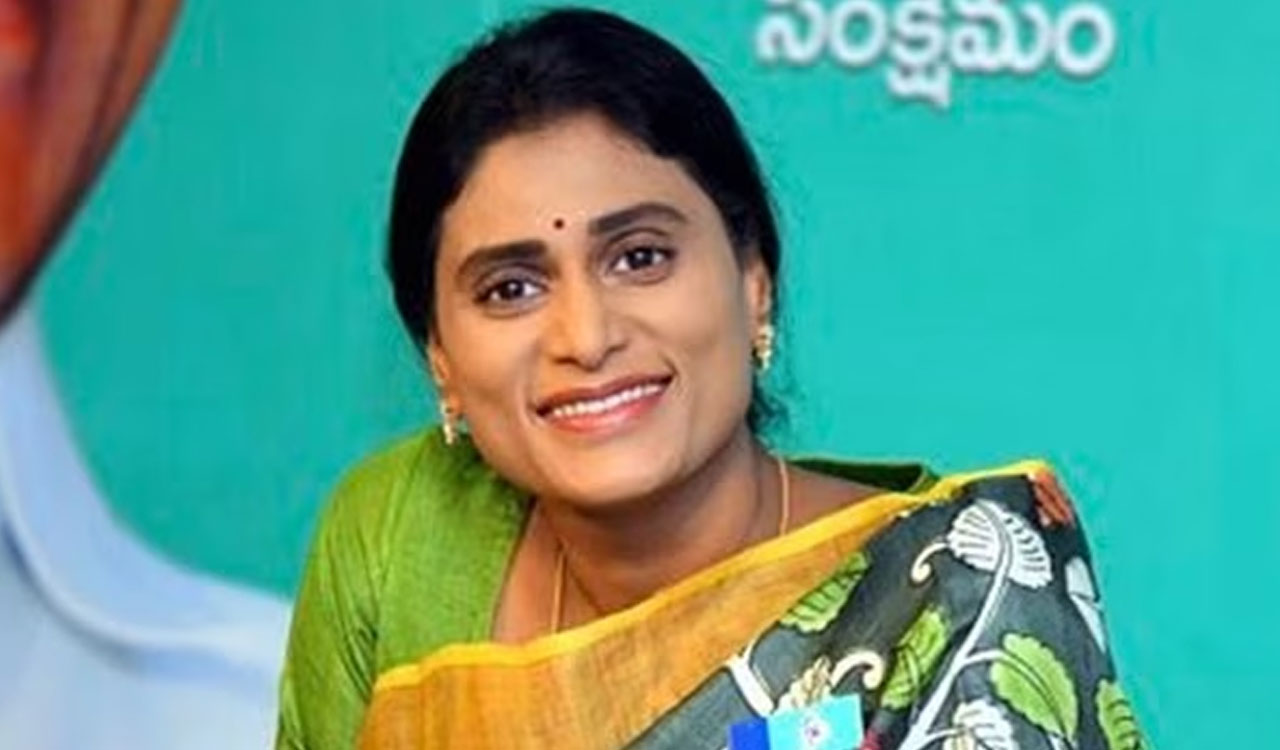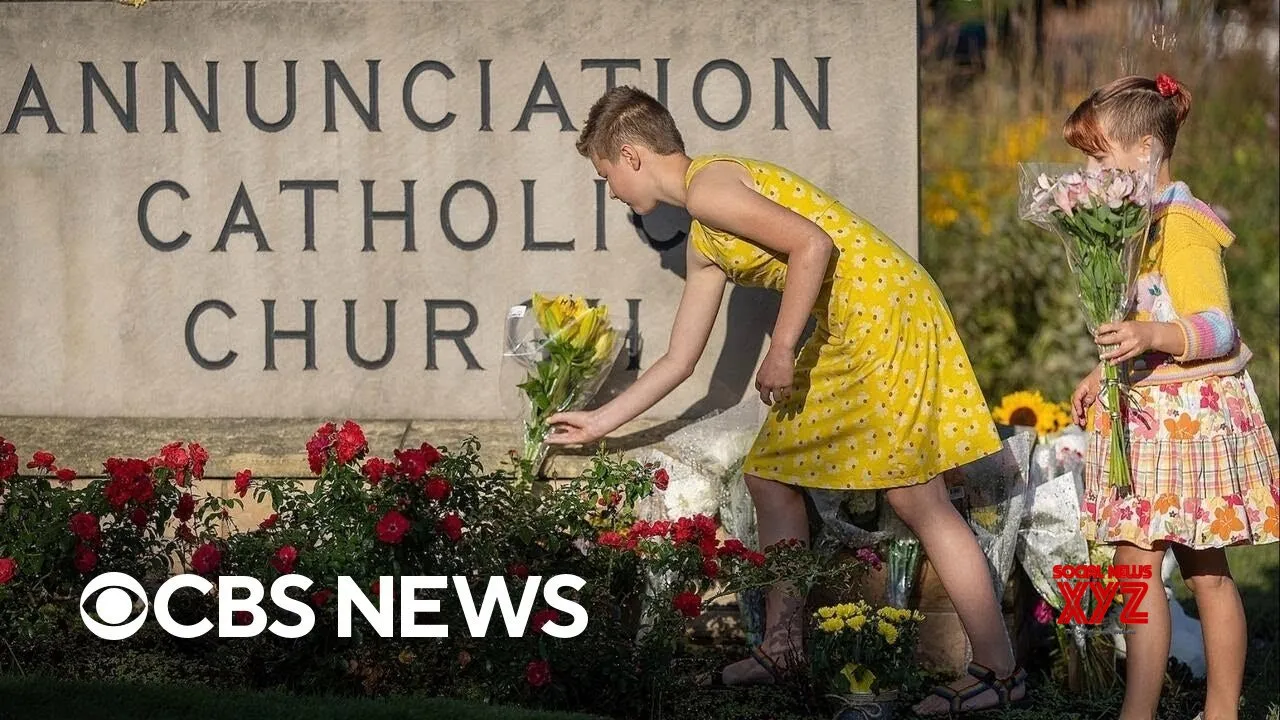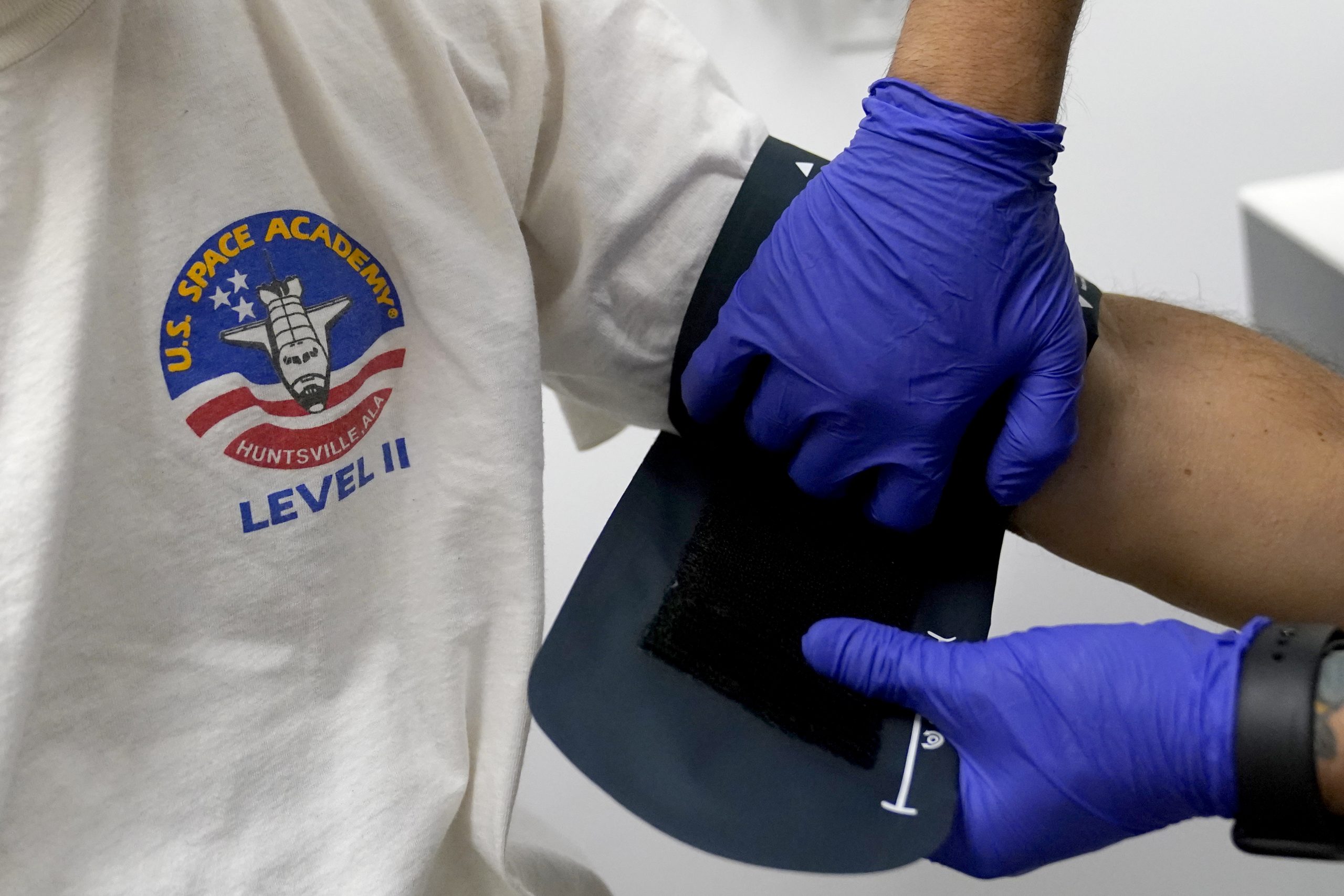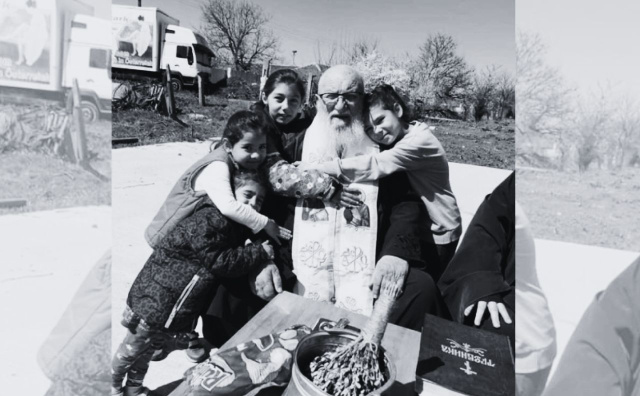By Kajal Rajput
Copyright medicaldialogues
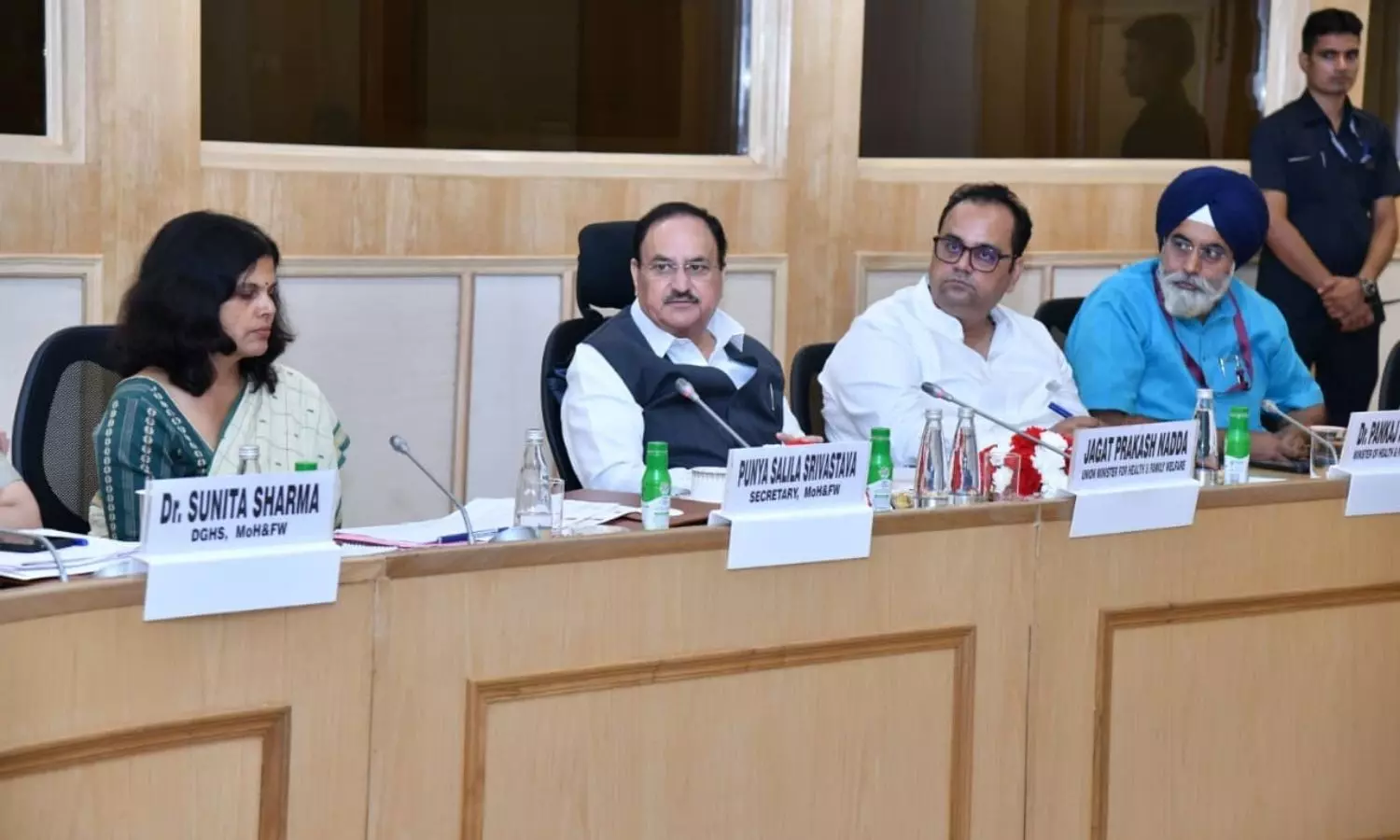
New Delhi: Union Health Minister, Shri Jagat Prakash Nadda, yesterday chaired a high-level meeting to review the preparedness for prevention and control of Dengue in Delhi and the National Capital Region (NCR).Dr Pankaj Kumar Singh, Minister of Health and Family Welfare, Government of the National Capital Territory of Delhi; Smt. Punya Salila Srivastava, Union Health Secretary; Shri Raja Iqbal Singh, Mayor, Municipal Corporation of Delhi and Smt. Sunita Dayal, Mayor, Municipal Corporation of Ghaziabad, also joined the meeting.The meeting was convened to undertake a comprehensive review of the epidemiological situation, preparedness of municipal bodies, hospitals, and State Governments, and to identify gaps in surveillance, case management and vector control. Special emphasis was laid on addressing the challenges arising from excessive rainfall, prolonged monsoon, and on galvanising inter-sectoral coordination between Central, State and local authorities.Also Read:Step up preventive measures to control Dengue and malaria, Health Minister tells StatesIn a presentation, the Union Health Minister was briefed on the nationwide dengue situation and preparedness of the country. During 2024, a total of 2,33,519 Dengue cases and 297 deaths were reported from the country. In 2025 (till 31st August), 49,573 cases and 42 deaths have been reported. In Delhi, 964 cases have been reported till 31st August this year, as compared to 1,215 cases in the corresponding period of last year.In neighbouring NCR States, 1,646 cases have been reported from Uttar Pradesh, 298 from Haryana and 1,181 from Rajasthan.Speaking on the occasion, Shri Nadda noted that the incidence of dengue is currently low, however, he cautioned states to remain vigilant against the potential for a spike in cases. He urged them to reassess their preparedness, particularly in light of the prolonged rainy season and waterlogging in certain areas.He also urged states to proactively anticipate and prepare for any potential epidemics by clearly demonstrating their readiness. Emphasizing the importance of an aggressive IEC campaign, he encouraged the adoption of innovative strategies to foster dengue awareness in the community, such as conducting special drives in schools, labour camps, and dengue-prone areas. Highlighting the message of “Jan Chetna through Jan Bhagidari,” he called upon states to actively engage Ward Commissioners, elected representatives, and Resident Welfare Associations (RWAs) in awareness and prevention efforts.The Union Health Minister directed several key action areas to strengthen dengue preparedness in Delhi and NCR. He emphasized intensifying vector control through source reduction, including the removal or treatment of rainfed containers once floodwaters recede, along with insecticide fogging in areas experiencing increased fever cases. Strengthening entomological surveillance to identify hotspots and intensifying fever surveillance across all affected areas were also highlighted.Shri Nadda called for ensuring hospital readiness by maintaining dedicated wards, sufficient beds, blood components, diagnostics, drugs, and insecticides, and alerting Sentinel Surveillance Hospitals (SSHs) as well as other public and private hospitals. Establishing a rapid response mechanism with Rapid Response Teams on standby for immediate preventive action was stressed.Additionally, timely reporting of cases on IHIP-VBD from all hospitals, including private ones, coupled with daily district-level review meetings to track outbreaks and responses, was mandated.The Union Health Minister also underscored the importance of reinforcing inter-sectoral coordination among municipal bodies, railways, local government institutions, disaster management authorities, public health engineering, irrigation departments, NGOs, and state health departments to ensure effective sanitation and vector control drives.Scaling up community engagement through IEC activities was also urged, especially during the upcoming “Swasth Nari Sashakt Parivar” Abhiyaan, to facilitate transparent and timely communication of updates, promote preventive measures such as the use of mosquito nets and full-sleeved clothing, and leverage schools, RWAs, market associations, community leaders, SHGs, and youth clubs for awareness campaigns.The meeting provided a consolidated assessment of Dengue preparedness in Delhi and NCR, identified immediate action points for prevention, outbreak response and vector management, and reviewed steps to enhance hospital preparedness and surveillance in light of the heightened risk during the ongoing season.The meeting was also apprised of the National Strategy for Prevention and Control of Dengue, which is being implemented across the country, including Delhi and NCR. The strategy, known as the ‘Octalogue’, rests on eight pillars: surveillance, case management, vector management, outbreak response, capacity building, behaviour change communication, inter-sectoral…
